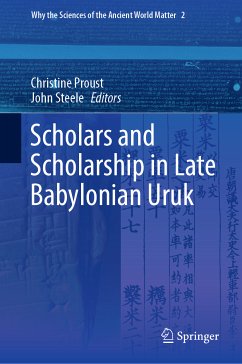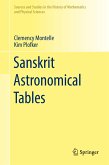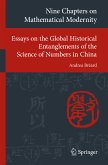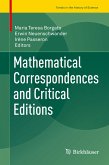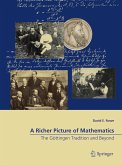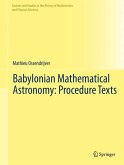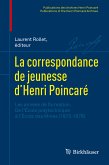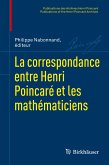This volume explores how scholars wrote, preserved, circulated, and read knowledge in ancient Mesopotamia. It offers an exercise in micro-history that provides a case study for attempting to understand the relationship between scholars and scholarship during this time of great innovation.
The papers in this collection focus on tablets written in the city of Uruk in southern Babylonia. These archives come from two different scholarly contexts. One is a private residence inhabited during successive phases by two families of priests who were experts in ritual and medicine. The other is the most important temple in Uruk during the late Achemenid and Hellenistic periods. The contributors undertake detailed studies of this material to explore the scholarly practices of individuals, the connection between different scholarly genres, and the exchange of knowledge between scholars in the city and scholars in other parts of Babylonia and the Greek world.
In addition, this collection examines the archives in which the texts were found and the scribes who owned or wrote them. It also considers the interconnections between different genres of knowledge and the range of activities of individual scribes. In doing so, it answers questions of interest not only for the study of Babylonian scholarship but also for the study of ancient Mesopotamian textual culture more generally, and for the study of traditions of written knowledge in the ancient world.
The papers in this collection focus on tablets written in the city of Uruk in southern Babylonia. These archives come from two different scholarly contexts. One is a private residence inhabited during successive phases by two families of priests who were experts in ritual and medicine. The other is the most important temple in Uruk during the late Achemenid and Hellenistic periods. The contributors undertake detailed studies of this material to explore the scholarly practices of individuals, the connection between different scholarly genres, and the exchange of knowledge between scholars in the city and scholars in other parts of Babylonia and the Greek world.
In addition, this collection examines the archives in which the texts were found and the scribes who owned or wrote them. It also considers the interconnections between different genres of knowledge and the range of activities of individual scribes. In doing so, it answers questions of interest not only for the study of Babylonian scholarship but also for the study of ancient Mesopotamian textual culture more generally, and for the study of traditions of written knowledge in the ancient world.
Dieser Download kann aus rechtlichen Gründen nur mit Rechnungsadresse in A, B, BG, CY, CZ, D, DK, EW, E, FIN, F, GR, HR, H, IRL, I, LT, L, LR, M, NL, PL, P, R, S, SLO, SK ausgeliefert werden.
"Scholars and Scholarship in Late Babylonian Uruk is a wonderful contribution to the exact sciences and study of Late Babylonian Uruk. While all contributions are focused on exact sciences in the ancient world, there is enough diversity in the volume that there is an article for every reader within and outside ofAssyriology." (The Biblical Review, January 8, 2020)
"An impressive array of modern scholars seek to bring together the various strands of our current understanding of their Urukean counterparts. ... This volume brings together a collection of modern scholars, each with their own areas of expertise, who together illustrate the breadth and intellectual interests of their predecessors from Late Babylonian Uruk." (Duncan J. Melville, MAA Reviews, May 12, 2019)
"An impressive array of modern scholars seek to bring together the various strands of our current understanding of their Urukean counterparts. ... This volume brings together a collection of modern scholars, each with their own areas of expertise, who together illustrate the breadth and intellectual interests of their predecessors from Late Babylonian Uruk." (Duncan J. Melville, MAA Reviews, May 12, 2019)

